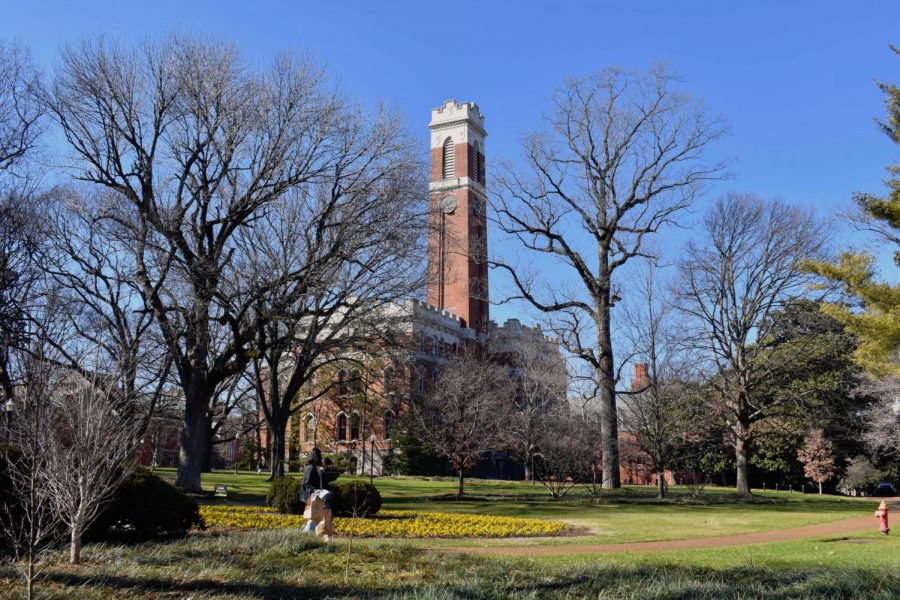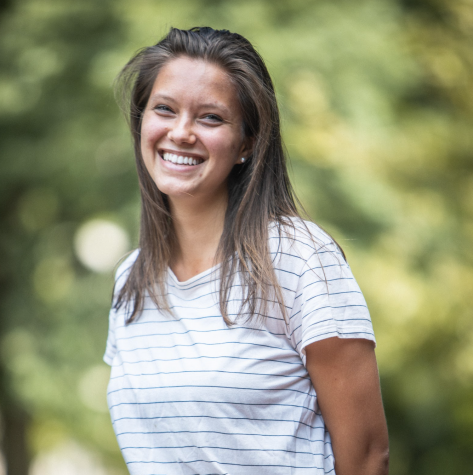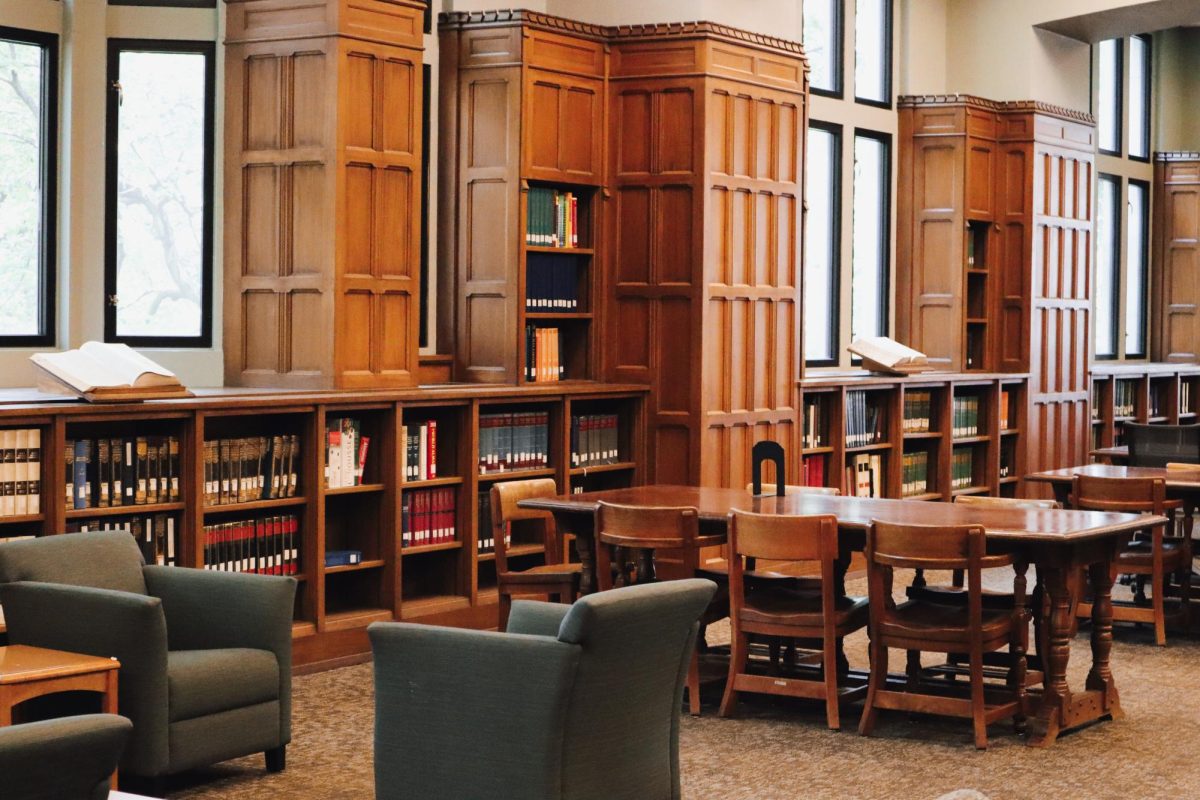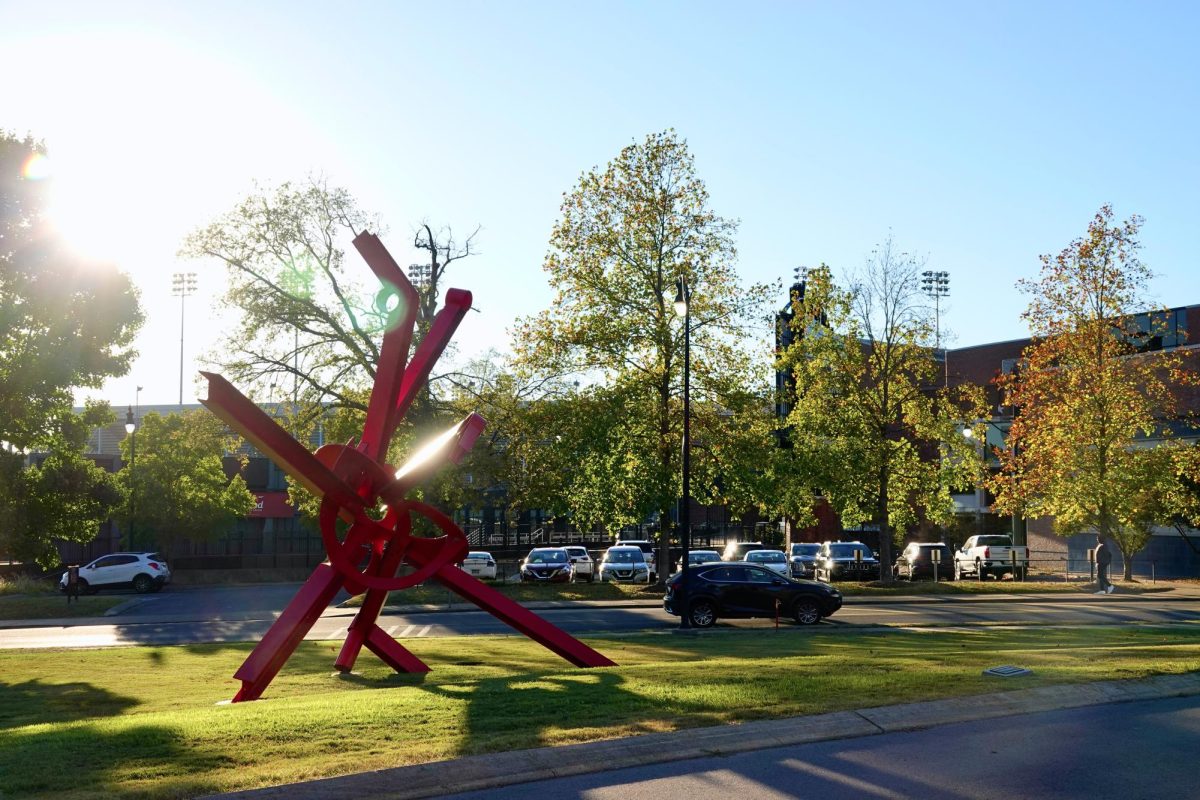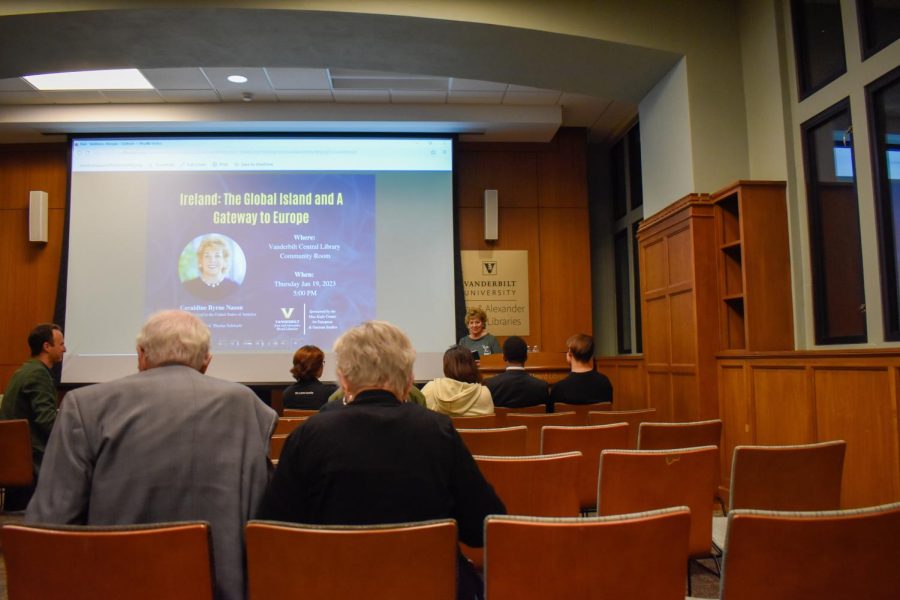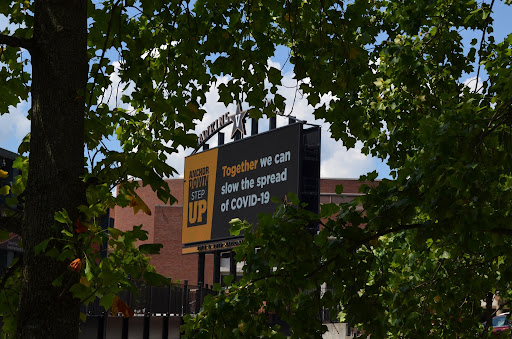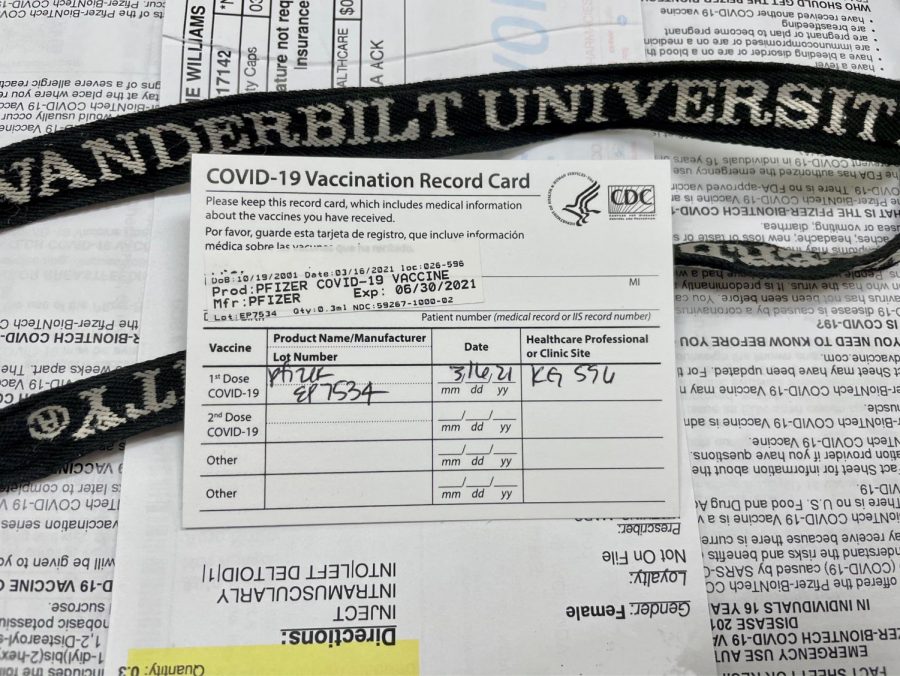Current and incoming Ph.D. students in the College of Arts and Science (A&S) can expect a 10 to 15 percent increase to their stipends this fall, Dean of the College of Arts and Science John Geer said.
In addition, the opening of the Graduate Student Village, originally slated for Fall 2022, has been delayed a year because of COVID-19. Per Vice Chancellor for Administration Eric Kopstain, the developer hopes to break ground in May 2021, with an opening date in Fall 2023.
A&S Stipend Increase
In a February 2021 “From the Dean” newsletter, Geer announced an upcoming increase in Ph.D. stipends for A&S graduate students.
Per Geer, the stipend increases will come into effect in the next academic year and will apply to new and existing students alike. Geer estimates the change will affect around 700 graduate students.
Stipends vary from department to department between $25,000 to $32,000 a year, Geer said, but the increase represents on average a 10 to 15 percent boost.
Geer, who has served as A&S Dean since 2018, said the last comparable increase in stipends happened during the time of his predecessor, Lauren Benton.
“Our stipends were competitive, maybe, but we’ve fallen a little bit behind,” Geer said. “While it costs money, we want to be able to recruit the best students.”
The stipend increase also responds to increased cost of living in Nashville and to increased stipends in other Vanderbilt schools, Geer said.
“We were basically coming up to standard with the School of Engineering, so we were behind with our own university, so to speak,” Geer said.
Where will the money come from?
Per Geer, A&S will pay for the stipend increases in various ways. For example, the College might avoid immediately filling open faculty positions, Geer said.
“The sole issue was the cost, and it’s just a decision I made that means I have to make some other choices. This is where the choices are made,” Geer said. “That means some other things won’t get funded. That’s graduate education.”
Overall, the A&S budget remains stable, Geer said, given that undergraduate tuition, grant money and some philanthropic efforts have continued through COVID-19.
“It was a matter of, if you had a little bit of extra money, where’d you put it? And I wanted to put it into graduate education,” Geer said.
Geer said he considered awarding the increased stipend to incoming students only but ultimately abandoned that option.
“That wasn’t going to be fair on the existing students,” Geer said. “Of course, that made it a lot more expensive, but it’s an investment in them, and it’s an investment in us because they do so much for our community.”
Per Geer, the stipend increase represents an overall stable investment in graduate education, even as universities around the country cut back.
A&S continues to hire faculty and recruit grad students at normal rates, Geer said, and all A&S departments that had graduate lines of funding allocated were allowed to keep them.
“We’re training these students to be the next generation of researchers and teachers,” Geer said. “They’re going to carry on the important work of being in the classroom or producing that article or that book, and we want to make sure we’re getting the absolute best.”
Graduate Student Village: Updated Open Date and New Public Partner
Per Vice Chancellor for Administration Eric Kopstain, the Division of Administration originally planned for the Graduate Student Village to open in Fall 2022. Because of COVID-19 and a change in developers, the opening date has been pushed back a year to Fall 2023.
The graduate village is being developed through a public-private partnership with an undisclosed third-party partner, who pays the university to build and maintain a residential building on university land.
“That’s good because graduate housing is obviously a really high priority, but even Vanderbilt only has so much cash,” Kopstain said. “So, we need our cash for more res colleges or for other projects that are also really important.”
Last spring, the university had entered into a contract with the international firm LendLease and developed a design for the building. Just as the developer began seeking financing for the project, however, COVID-19 hit. Because the financial markets became very unstable, the developer was unable to secure financing, Kopstain said.
“Through our contractual rights, it was a requirement of the deal that the developer secure financing under any circumstances,” Kopstain said. “Because they weren’t able to, and for other reasons, we decided to terminate that relationship and seek a new partner.”
Per Kopstain, the university soon formed a new public-private partnership with a new developer, who will use the design documents from the original partnership and hopes to break ground on the building this May. Kopstain declined to name the third-party developer at this time, given that the transaction is not fully settled.
Pricing and Location of the Graduate Student Village
According to Associate Vice Chancellor and Chief Facilities Officer Mike Perez, the university maintains a lot of influence in how the facility will be run, given that the third-party developer is building on university property.
“We were almost really very prescriptive with respect to the scope of work and the expectations that we had for the product at the end of the day,” Perez said.
The developer’s contract includes stipulations about sustainability, visual appearance and pricing, Kopstain said.
Graduate student residents would pay rent to the third party, not to Vanderbilt. However, the contract with the developer included provisions to ensure the prices will remain attractive for graduate students, Kopstain said.
“It is our intention to have rental rates that will be below market,” Kopstain said. “Whether that’s perfectly quote-on-quote affordable for every single person, I really can’t say that with certainty.”
The building will be constructed on Broadway between Lyle and 20th Avenues—a location which adds to the renting value, Kopstain said.
“The ability to get to walk out of that building and be able to get to the campus in ten minutes—it’s hard to say, ‘Well, how much is that worth?’ It’s worth something, something pretty significant,” Kopstain said.
Joshua Passantino, Ph.D. candidate and Graduate Student Council president, said the location would make it an ideal option for out-of-state or international students who aren’t able to visit Nashville before moving in.
“This provides a secured housing opportunity that you don’t need a car and it’s an easy commute to campus,” Passantino said. “So, that would save a lot of time and effort, especially with students that aren’t able to come and look and do an apartment search or a house search.”
Amenities and Community Value
Per Kopstain, the graduate village will include a substantial innovation space, outdoor courtyard, coffee shop and a grocery store, among other amenities. The retail elements will be open to both undergraduates and the general public.
“Some of those amenities—the coffee shop and the grocery store, for example—those are amenities that we know the undergrads are also thirsting for and that we think will benefit the whole Midtown community,” Kopstain said.
Per Perez, the project’s advisory committee has solicited detailed feedback from graduate students throughout the whole process. For example, surveys asked current graduate students what kind of beds, kitchen appliances and community amenities they would prefer, Kopstain said.
“It was a very, very transparent and—quite honestly—a very effective and positive process,” Perez said. “Because what’s going to result is going to be a product that really does meet the needs of the graduate and professional students.”
Passantino said he’s excited about the prospect of a building for the dedicated use of the graduate student community. This year, Alumni Hall’s graduate-specific lounge was appropriated for COVID-19 testing, Passantino said.
“There’s not a lot of graduate-specific places on campus for students to gather,” Passantino said. “So, this would hopefully serve as a place for a lot of graduate students to be able to meet up and hang out.”
Still, given the opportunity, Passantino said he wouldn’t choose to live in the graduate village, preferring to reside in a quieter, less metropolitan area.
“It’s essentially an apartment building, so if you don’t like the apartment building or the amenities that are being offered, you just wouldn’t have to stay there,” Passantino said.
The village is slated to accommodate up to 616 residents, but there is possibility for expansion based on demand, Kopstain said.
“If we have a lot of extra demand that we don’t meet, that could lead to future phases of graduate housing,” Kopstain said. “This was a good place to start.”

